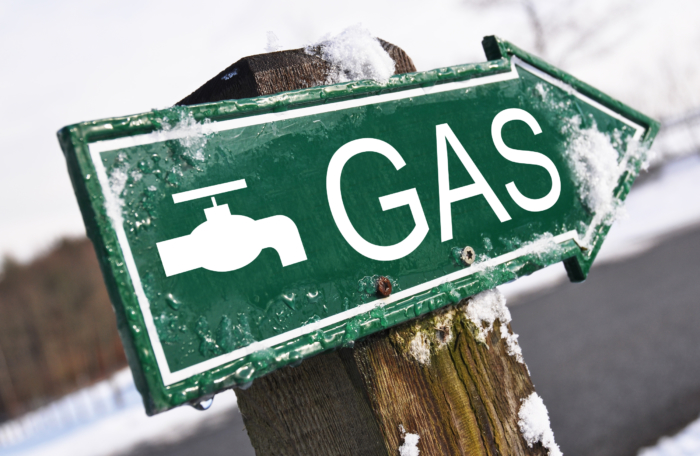Winter is coming (and it’s going to be expensive)
The election is 25 days away and the nation’s greatest political minds are dutifully disgorging rivers of commentary on the two most important topics of 2018: A couple of dudes named Kanye and Beto.
Weeks before the election, America’s Great Explainers think that what the country really needs are 2,000-word think pieces and cable TV arguments about a rapper’s deep emotional reasons for choosing a particular piece of headwear and the fundraising prowess and THS (Total Hipness Score) of a U.S. Senate candidate who still isn’t polling above his rival despite having been in a rock band when a younger lad.
This is why it’s always better to spend October in the hills and mountains of New Hampshire. This year, the colors are spectacular and they could hang on through Election Day. But don’t let the dazzling oranges, reds and yellows distract you from the need to pile up firewood and collect dragonglass. For winter is coming. And when it gets here it’s is going to punch you in the face.
Not all of you, though. Just those who heat with oil.
On Wednesday the U.S. Energy Information Agency released its annual Winter Fuels Outlook. If you heat with propane or natural gas, you’ll be fine. If you heat with oil, you probably should buy more blankets. Or an alpaca.
The EIA predicted average price changes this winter of -1 percent for propane, 3 percent for electricity, 5 percent for natural gas and 20 percent for home heating oil.
Now would be a good time to switch from oil to natural gas. Alas, you can’t just go down to the general store and pick up some Mountain Dew, a couple of pumpkin whoopie pies and a month’s supply of natural gas. You need to have it piped directly to your home. (The gas, not the Mountain Dew, although Pepsi should really get on that.)
But you might not be able to switch to natural gas because most of New Hampshire lacks the infrastructure for home natural gas service even though demand for natural gas is extremely high.
Gas utilities say they’d love to build lines to more homes. One, Liberty Utilities, has proposed doing that for communities along Route 101 from Portsmouth to Manchester. But to bring that residential service, utilities say they need more access to supply, which means more pipelines.
Although some new pipelines have been built or are under construction in New England, many large projects in recent years have been killed by anti-pipeline activists.
Liberty Utilities projects that its Granite Bridge project along Route 101 would save customers $950 million over 20 years. But, of course, activists are trying to prevent its construction. There must be no new pipelines of any kind anywhere anytime.
If that anti-consumer, anti-progress mindset continues to prevail in New England, it will condemn Granite Staters and other New Englanders to harder, more expensive winters for decades to come. Wind and solar cannot heat your home during a long, cold winter. Natural gas burns more cleanly, more efficiently, and less expensively than wood or oil. Yet if you live outside of Keene, Berlin, the Portsmouth area or the I-93 corridor up to Gilford, the activists are working hard to prevent you from having this home heating option.
For families, the financial impact of this obstructionism is huge. The EIA projects an average cost this winter of $595 to heat a home with natural gas vs. $1,646 to heat with oil. Restricting the supply of natural gas in New England by blocking pipeline construction has a direct and large negative impact on Granite Staters.
In “Game of Thrones,” winter is always coming, and that’s always bad. For low-income New England families who heat with oil, winter can bring the same foreboding. States should stop preventing them from accessing a more affordable, cleaner-burning fuel.



I live off-grid, in the woods, and am out of the loop as far as ways to heat other than wood, but it seems to me that more pipelines will lead to more eminent domain claims (very anti-private property) and will encourage more people to be less connected to the consequences of their choices. People expect immediate and easy access to conveniences and know less and less about what is involved in providing those services. People (especially urban dwellers) are very disconnected from their basic needs. I don’t think those who live in urban areas should assume or expect that those of us who have chosen to live in rural areas should be required to provide access ways, pipelines, etc., through our land. I don’t understand why people who seem to be freedom-oriented think this is reasonable.
Just this morning, I listened to an interesting podcast – an interview of a man I have met. I have read several of his books as well. He has some outside-the-box ideas for how to live on less. The podcast can be heard here: https://radicalpersonalfinance.com/how-to-live-without-a-mortgage-interview-with-rob-roy-author-of-mortgage-free-innovative-strategies-for-debt-free-home-ownership-rpf0081/
I am interested to know – why can’t natural gas be delivered and stored in tanks like propane and oil?